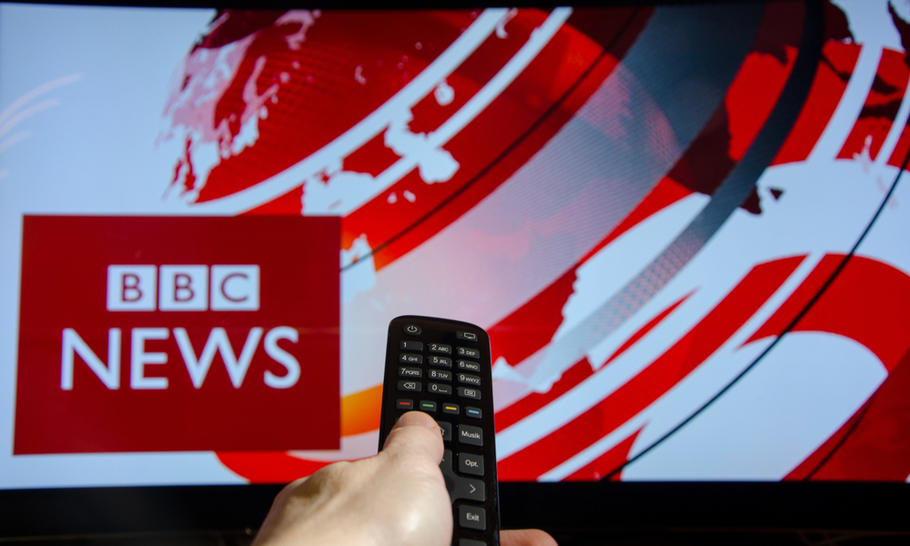Ofcom's stark report puts the future of the BBC at risk

Ofcom sent a stark message to the BBC this week, warning that funding of the corporation might not be sustainable in its current form if things continue as they are. In other words, the license fee model that has held until this point is under threat. Of particular concern was how the BBC engages younger viewers. Or, as it turns out, how it does not.
It will come as no surprise to parents of children, tweenagers and teenagers to read that many of them are simply not watching BBC content. If they are, they are not doing so on BBC platforms such as the iPlayer. The report warned: “If the BBC can’t engage young audiences with its content, it risks losing a generation of viewers. If young people don’t consider the BBC as a core part of their viewing, then it may be hard to encourage them to pay the licence fee which will have significant implications for the BBC’s revenue and its ability to deliver its Mission and Public Purposes.”
While Netflix reaches close to two-thirds of 15 to 24-year olds on a weekly basis, and YouTube reaches 42 per cent of the same age group, the BBC iPlayer reaches just 26 per cent of them. According to Ofcom, 12 to 15-year olds know Netflix and YouTube’s brands better than they know the BBC’s. Similarly, if those aged 16 to 24-years old do watch BBC content they are doing so on other platforms, not the BBC iPlayer. Want to settle down with Sherlock or Blue Planet? It’s all on Netflix. Fancy a night in with Fleabag and the sexy priest? That’s on Amazon Prime Video. Younger viewers need never know these programmes have anything to do with the BBC at all, let alone understand that it is the license fee that contributed towards the corporation being able to produce or air them originally.
Perhaps most frightening for Auntie, the report also found that “unlike previous generations, the BBC is no longer seeing younger audiences coming back to it”. Those viewers appear to be staying with the alternative platforms instead. This issue is only going to get worse as more players enter the market. This includes Apple, which is launching its Apple TV+ service next week with a host of high-end original new programmes, including series starring Jennifer Aniston and Jason Momoa, along with Oprah’s Book Club. I have little doubt that UK viewers can expect Disney’s offering, Disney+, filled to the rafters with Princesses, Star Wars and Marvel superheroes, to arrive on these shores before too long as well.
And yes, this influx of new services may mean we are all coming down with a bout of subscription fatigue, but it also means a lot of those who have grown up watching Netflix and YouTube will question why they should bother with a TV license at all. I can very much understand why my generation, and those younger, find the rather arcane license fee nonsensical. For us, so-called cord-cutting comes much more naturally. You can even watch a host of live sport via the internet for a relatively small fee on the grey/black market. (So I’m told…)
The BBC is not above criticism either. Far from it. The domination of its website has contributed to serious damage to the local news industry, for instance.
Ofcom did highlight some positive things for the corporation in its report. It found “three-quarters of audiences satisfied with BBC radio and online, and two-thirds satisfied with BBC TV”. It also noted enormous viewing figures for the men’s 2018 football World Cup, BBC Parliament’s coverage of the Brexit votes, and record viewing figures on the iPlayer for political-thriller series Bodyguard. And that, for me, seems to be the crux of the issue. When we want the BBC, often when it is supplying things that other broadcasters cannot or will not, an awful lot of people are rather pleased it is there. There is a legitimate, and essential, conversation to be had about the license fee and the future funding model of the BBC. However, we must be very careful that we do not, without meaning to, break a system that has for decades upheld a world class news and entertainment organisation.





